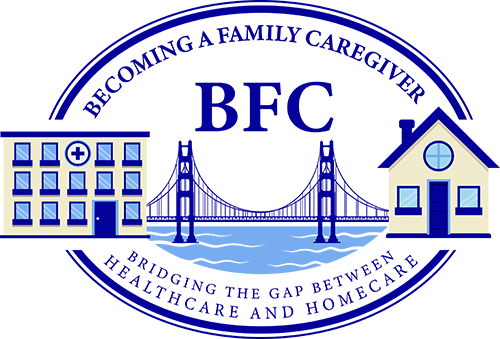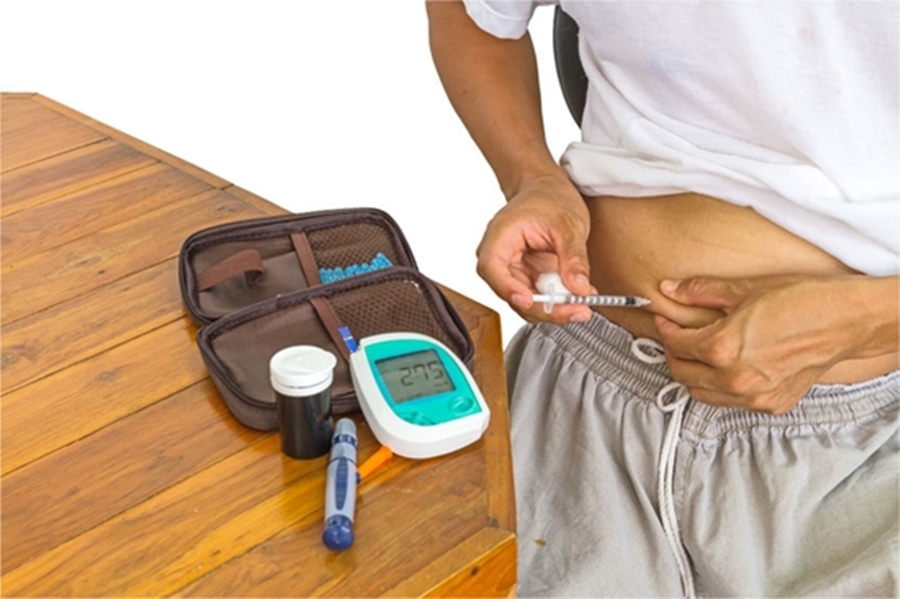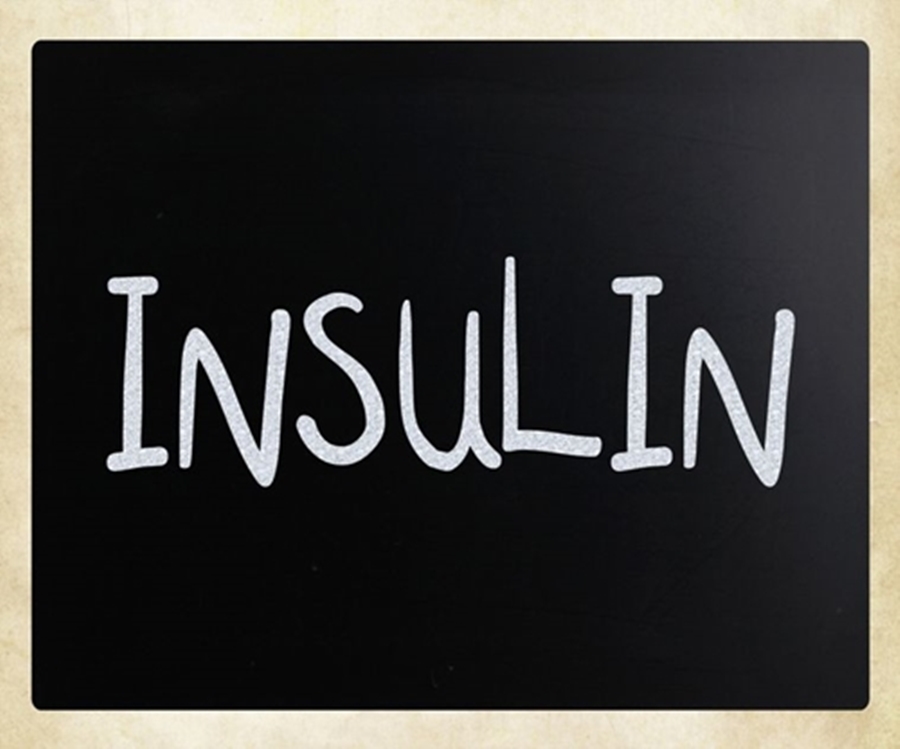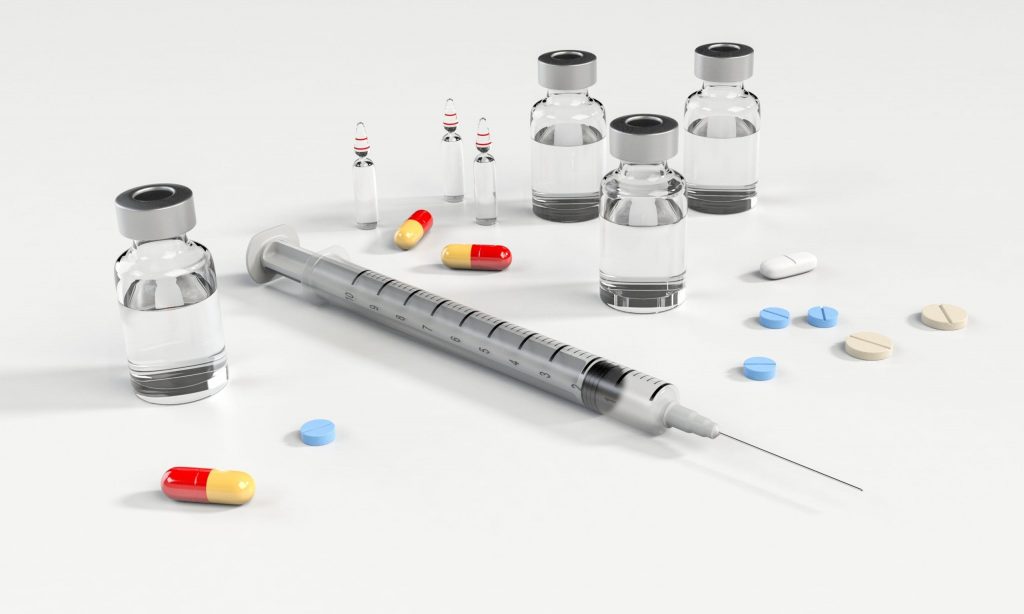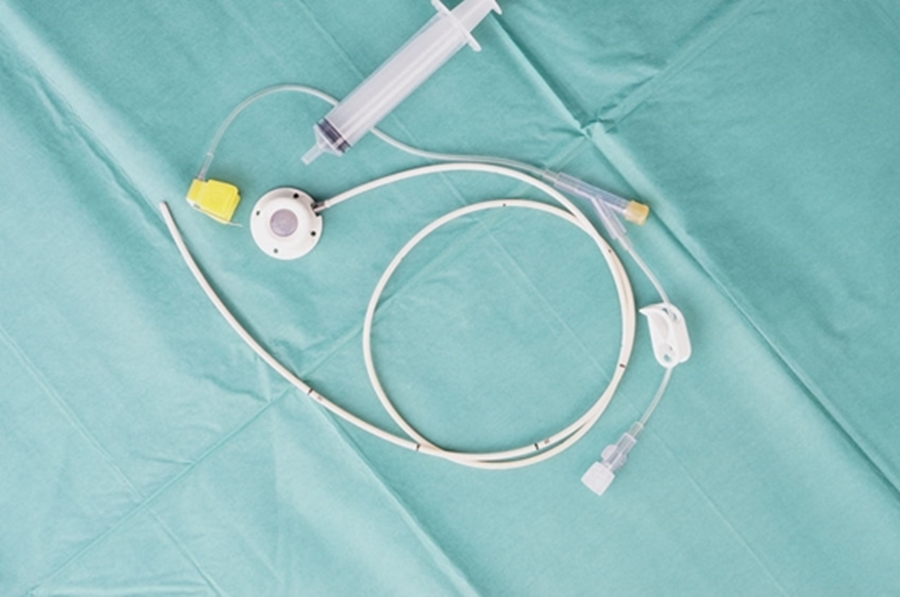Insulin Administration
Mixing Insulins Read the order to determine the total insulin you will have when the two are combined. Roll the two bottles between your hands to mix each. Clean the tops of each with alcohol Draw up air equal to the dose of NPH insulin to be given. Insert it into the bottle and …
